Making the decision to buy a home and begin the process, especially for the first time, can be daunting. It's hard to know exactly where to start or what to expect.
Here are some basic steps outlining the process. This section is geared primarily for the first-time home buyer.
The Buying Process
You may have friends or family that can give you the benefit of their experience, unfortunately that also means you may have to listen to one or two "nightmare" stories. The process, with a little bit of work on your part, really should go smoothly if you're educated, prepared and have a professional agent guiding you through it. Here are some basic steps outlining the process.
I'd be happy to discuss it with you - even if you're not ready right now! A lot of people don't know if they're ready or not. It's common that people are renting and don't realize they can feasibly buy something they'd like within their budget. Or they see friends buying and just have no idea how to assess if they can too. This section is geared primarily for the first-time home buyer.
Step 1
- Determine your financial capability. This step actually involves multiple actions and is fundamentally important. It helps you assess what price maximum you are financially qualified for and will lead you to focusing your search criteria based on price.
- Get your credit score. You can get this from your lender or pull yours yourself. However, you'll need to talk with a lender to find out exactly how your credit score affects your loan ability.
- See my page on Credit for more information on this topic.
- Look at what you can afford on a monthly basis. Look at your checkbook or budget to determine what you can pay towards your home. If you're paying $1200 in rent now is that the most you can pay towards your home? Is that what you're comfortable with? Would you be able/willing to pay more? How much? Often when you talk with a lender you will be approved for more of a loan than you would actually want. So assessing your own budget is a good idea too.
- Talk with a mortgage broker. They will look at your credit score, income and debts to determine what interest rate they will give you and what your maximum loan amount would be. They will also tell you how much closing costs and loan costs to expect. To do a full pre-approval with a lender they will usually need your most recent pay stubs, tax returns and bank statements from you. While a pre-approval isn't necessary upfront, it will often be needed when you make an offer on your home, so it's good to do it right away. As a quick calculation (without taking credit scores into account) lenders will usually use a "back-end" debt ratio to determine the maximum loan amount they will give you. Typically this ratio can be up to a 36-40% on a standard loan package. Working backwards into calculating what you can afford for your mortgage payment, you would take your gross income multiplied by 40% and subtract your payments on all of your revolving debt (e.g. credit cards, student loans, car payments; not insurance, phone bills, or food). What's left over is what you can use to spend on your home.
Example: A couple earns $7,000 combined gross income per month multiplied by 40% = $2,800. Subtract your credit card payments of $150 and a car payment of $250. That leaves you with $2,400 per month to apply towards your mortgage payment. Lenders would be willing to give you a loan of an amount that had a total payment of $2,400 (including principle, interest, taxes and insurance). Now you'd need to know your interest rate to determine what that payment equates to for a total loan amount. In this example, $2,400 approximately equals a $350,000 mortgage at a 6% interest rate (after adding taxes and insurance) on a 30-year fixed mortgage.
See my pages on Mortgages 101 and Buying & Lending FAQ for more information on this topic. I work with some of the very best loan experts in Seattle and would be happy to give you a referral. Why not take a few minutes to talk with a mortgage broker to see what they can do for you? You may be pleasantly surprised! (Back to Top)
Step 2
Choose an agent. It is important to have a professional on your side guiding you through the process from the beginning. I love working with buyers - especially first-time buyers. If you have any questions at all about the buying process, please call or email me. I'd be happy to help!! (Back to Top)
Step 3 Select your search criteria. With your maximum price in mind, select the neighborhood, size, bedrooms, bathrooms, quality and characteristics that you desire in a home. Your agent will be able to help you with this. Keep in mind that every purchase of a home involves a certain amount of compromise. When you are working with an agent, it is important that you give your agent a clear idea which of your criteria are flexible and which items you really must have in your new home. Prioritize your need. Sometimes your agent will be able to suggest alternatives that still meet your needs. Make sure you're upfront with your agent so they can use your time and theirs most efficiently and show you only houses that are real possibilities for you. When you've discussed your criteria, your agent will begin searching for a home for you. If you have your criteria in mind already, please click Let Me Help You Find a Home and I'd be happy to email you listings for houses that meet your needs. (Back to Top)
Step 4
Look at homes. I'll email you listings as they come available and you let me know if you're interested in any of them. When you are then we go view the inside. As an agent, I have an access key to all houses listed on the MLS so it makes it easy to view properties. (Back to Top)
Step 5
The offer. Find the right property and write up an offer to purchase it. I will walk you through the purchase and sale agreement and explain the benefits and drawbacks of each section and each decision you make. I will help you decide what price to offer, how much earnest money to provide, the closing date, as well as other important terms of the contract. Once it's complete the offer may change through negotiations with the seller or they may agree outright. Once the seller signs and returns the offer you have a contract to purchase your home! This is the simplified version. It is certainly more involved and important than that. Buying a home is a major event for both the buyer and seller. The sellers make plans based on your offer that affect their finances, too - sometimes right away before it's even closed. However, it is more important than just money. In the relatively short amount of time it takes to write an offer you are making decisions that affect how you live for the next several years, if not the rest of your life. The seller is going to review your offer carefully, because it also affects how he or she lives the rest of their life. That sounds dramatic. It sounds like a cliché. Every real estate book or article you read says the same thing. They all say it because it is true. (Back to Top)
Step 6
Your home inspection occurs if you opted to have one. A professional inspector of your choosing inspects the home, searching for defects or issues. Many times a purchase and sale agreement is contingent on the home "passing" an inspection. I always recommend inspections for your protection - buying a home "as is" is a risky proposition. Sometimes, due to findings in the inspection, the buyer will ask the seller to repair particular things. Some negotiation may take place around this until both parties agree on what improvements will or won't be done to the home to complete the sale. (Back to Top)
Step 7
The loan process begins for this particular home as soon as the purchase and sale agreement is signed by both parties. Your lender works in the background to get your mortgage together. They will usually need paperwork from you throughout the process and it's important to stay in communication with them to ensure a smooth closing and no delays. (Back to Top)
Step 8
Escrow also begins working in the background as soon as the purchase and sale agreement is signed by both parties. Escrow is an independent third party between you and the seller. Their job is to handle deposits, prepare the final settlement statement, arrange legal transfer of the property and release proceeds to the seller. A couple days before the closing date you will need to meet with escrow to sign all the paperwork to transfer the property into your name and secure your mortgage against it. Then closing occurs - the day that the transfer becomes official, the deed is recorded with King county and proceeds are available to the seller. See The Closing Process for detailed view of this step. (Back to Top)
Step 9
Move in!!
Relax. Finding your new home should be a rewarding experience. Have a good time and enjoy the process. I am here to help!! (Back to Top)
Back to Seattle Home Buyers Information | Buy A House in Seattle

Jessica helped us both sell a condo and buy a house in Seattle. Jessica was extremely professional. She was very organized and methodical and made both the selling and purchasing process straightforward and enjoyable. She has a very friendly communication style and was articulate in explaining each step and helping answer any questions we had. We had her recommended by a friend and would highly recommend her to anyone looking to either buy or sell.

Website Design




